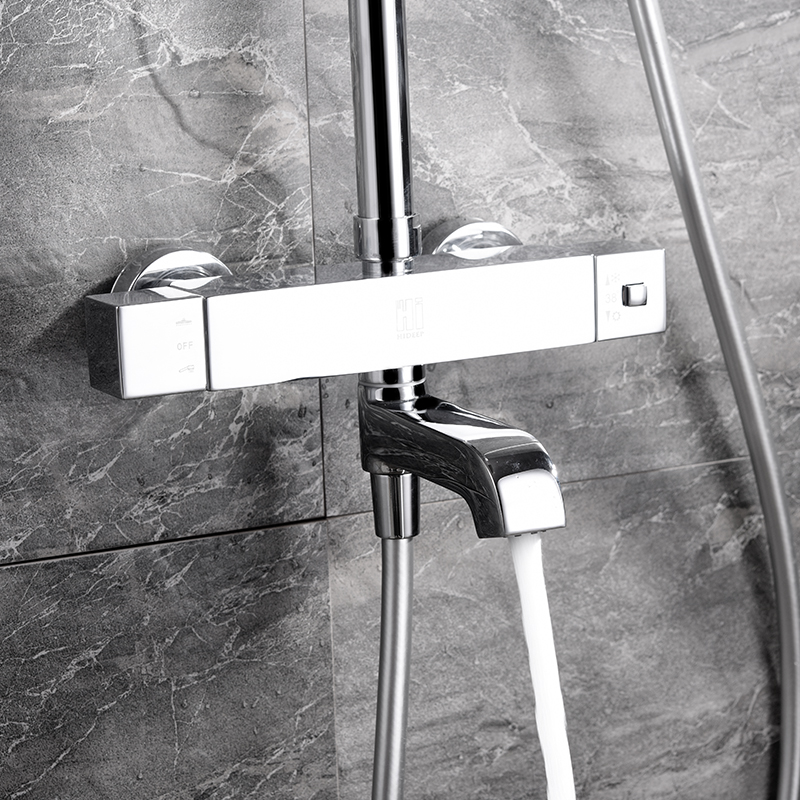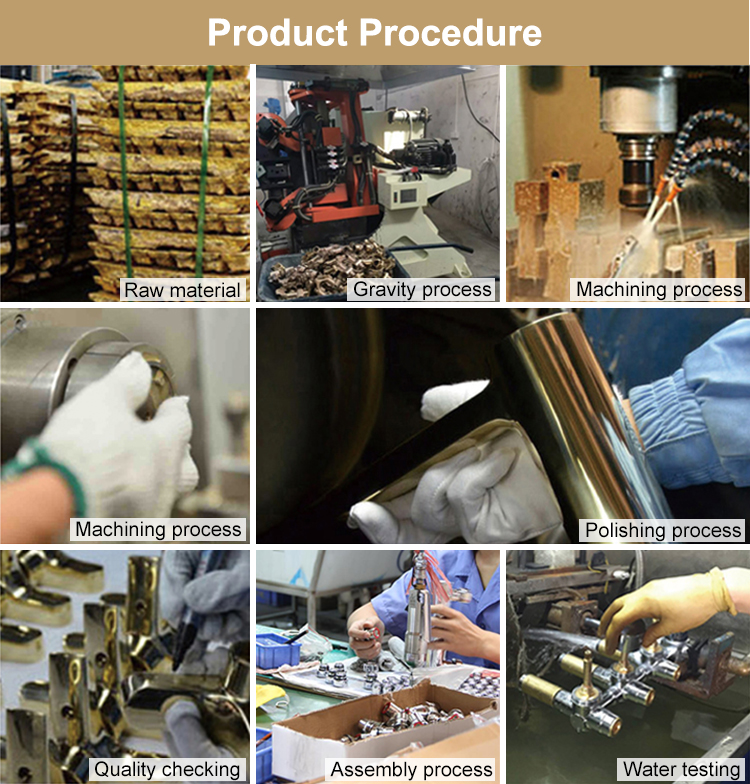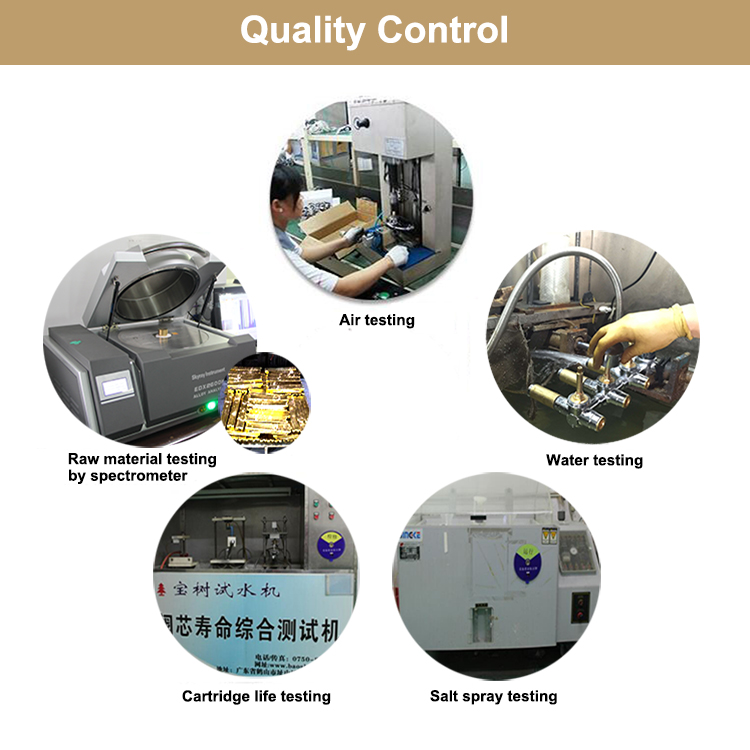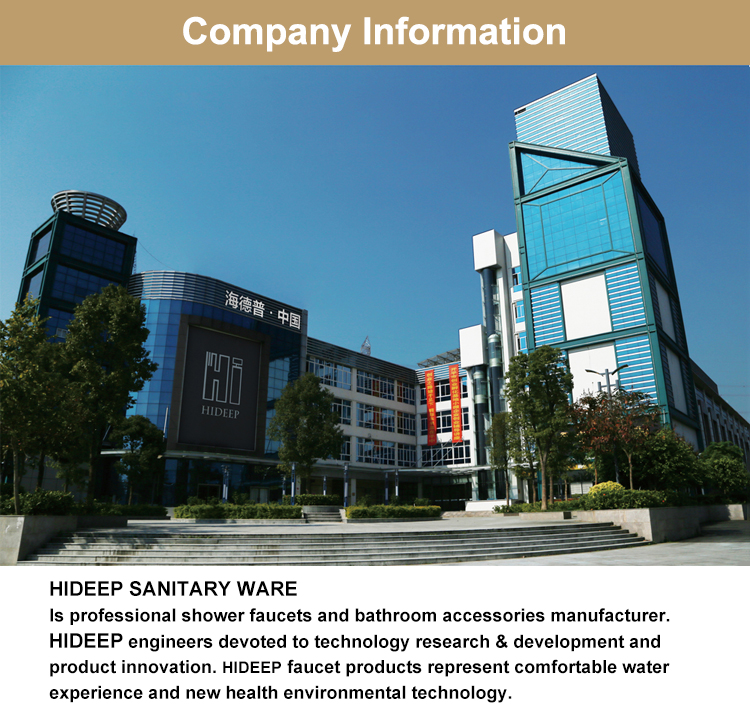The orbit that the "planetary hunting telescope" enters is called the lunar resonance orbit, with a height of about 67,000 miles to 230,000 miles, and it takes 13.7 days to orbit the earth.
According to foreign media reports, NASA's "Kepler" exoplanet detector recently launched the K2 mission, and scientists still hope that the telescope can use the residual heat to observe the exoplanets. In order to further expand the investigation of exoplanets, NASA decided to launch the "planetary hunting telescope" in August 2017, which can observe the outer planets of the transit, and the launch site is still located in Cape Canaveral, Florida. For two years to determine whether the presence of life on the exoplanets can be supported. In order to launch the "planetary hunting telescope", NASA needs to acquire suitable rockets, such as Lockheed Martin's Athena 2C or Orbital Science's Taurus carrier rocket.
George Rick, Principal Investigator of the Astrophysics and Space Research Mission at the Kovalli Institute, believes that NASA has another option, using Space Exploration Technologies' Falcon 9 rocket, so that the rocket's thrust is enough to put the telescope It is sent to a predetermined track, and a third-stage engine like the Star 37 is no longer needed. According to NASA's vision, the orbital height of the "planetary hunting telescope" will reach 200,000 miles, about 320,000 kilometers. The V1.1 version of the two-level Falcon 9 rocket can meet the telescope into the high elliptical orbit, then the telescope It will continue to raise the orbital height and use the lunar gravitational field to enter a permanent orbit to keep the telescope stable.
The orbit of the "planetary hunting telescope" is called the lunar resonance orbit, with a height of about 67,000 miles to 230,000 miles. It takes 13.7 days to orbit the earth. The orbital environment here can satisfy the telescope to find exoplanets. According to NASA's budget, the launch cost is about $87 million, including launch costs, spacecraft processing, payload integration, tracking, data and telemetry, and some costs around the launch. NASA's mission cost control is $200 million. The telescope will be manufactured by Orbital Science, based on the company's LEOStar2 satellite platform, which emits 325 kilograms, or approximately 7,17 pounds.
SpaceX is currently working on NASA's freight replenishment mission, which is a separate part of NASA's manned space program. If the Falcon 9 rocket is used to launch a "planetary hunting telescope," it can be about 500,000. The star observes and discovers the exoplanet in the transit state. Scientists expect the "planetary hunting telescope" to find thousands of exoplanets.
New modern design--coexistence of simplicity and luxury. Total solution for thermostatic Shower Mixer .
bath shower mixer are constructed of high grade brass for durability. Capturing the elegance of a bygone era, the HIDEEP
 exposed shower mixer are reminiscent of old-world design.
exposed shower mixer are reminiscent of old-world design.FEATURES
• Finishes resist corrosion and tarnishing.
• Beautifully finished in pvd gold plated .
• 18L/min (liter per minute) Minimum flow rate.
• 5 Year Guarantee.
Material
• Sturdy brass construction.
Installation
• Surface mounted.
• Easy installation.


|
HIDEEP Product line |
||||||
|
HIDEEP Product Information |
||||||
|
Product description |
Shower faucet |
|||||
|
Brand name |
HIDEEP |
|||||
|
Material |
Brass main body and zinc alloy handle |
|||||
|
Material analysis |
Cu≥59% |
|||||
|
Air pressure testing |
0.6 Mpa |
|||||
|
The thickness of chrome plating |
Nickel>8um Chrome>0.2um |
|||||
|
Salt spray test |
24 hours |
|||||
|
Water flow |
Bath/Shower Mixer≥18L/min, |
|||||
|
Cartridge life time |
300,000 times open and close |
|||||
|
Quality guarantee |
5 Years quality guarantee |
|||||
|
Certification |
ISO9001, CE |
|||||
|
OEM and ODM |
Acceptable |
|||||
|
Installation mode |
Wall-mounted |
|||||
|
Function |
Hot/cold water mixer |
|||||




Shower Faucet
Shower Faucet,Bathroom Shower Faucet,Shower Mixer Faucet,Sanitary Shower Faucet
Kaiping HIDEEP Sanitary Ware Co., Ltd. , http://www.hideep-faucet.com